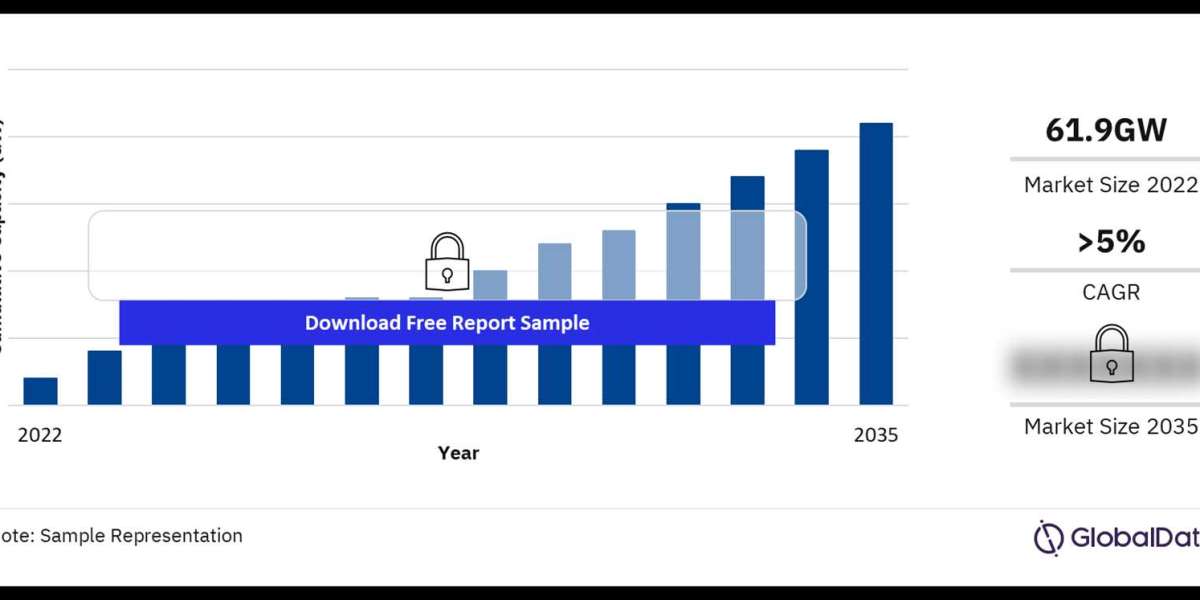As Taiwan's economy grows, the demand for reliable and sustainable energy sources has surged, highlighting the importance of a robust power market. Taiwan's power sector is undergoing significant transformation, driven by policies aiming to reduce carbon emissions, increase renewable energy capacity, and ensure energy security. In this article, we explore Taiwan's power market, the challenges it faces, key policies driving its development, and future opportunities in the renewable energy landscape.
1. Overview of Taiwan's Power Market
The Taiwan Power Market has traditionally been centralized, with Taiwan Power Company (Taipower), a state-owned enterprise, controlling power generation, transmission, and distribution. Taipower's monopoly limited competition, leading to challenges in optimizing efficiency, especially given Taiwan’s rapidly growing energy demands. However, recent government reforms aim to liberalize the market, increase private participation, and meet ambitious renewable energy targets.
In 2022, Taiwan's total installed capacity stood at around 60 GW, with a mix dominated by thermal power sources. Taiwan primarily relies on coal and natural gas, which together constitute about 85% of the power mix. The government, however, has announced plans to transition away from fossil fuels toward greener energy sources, with a target of reaching 20% renewable energy by 2025 and 30% by 2030.
2. Key Drivers and Government Policies in Taiwan's Power Market
To address the environmental impact of its power sector, the Taiwan government has implemented several critical policies:
Energy Transformation Act (2017)
The Energy Transformation Act introduced targets to reduce Taiwan's carbon emissions and established a roadmap to restructure the island's energy mix. The act emphasizes reducing dependence on coal and increasing the adoption of natural gas and renewable energy sources, like solar and offshore wind power.
Renewable Energy Development Act (2019)
The Renewable Energy Development Act incentivizes investment in green energy technologies and provides subsidies for the installation of solar panels and wind farms. Under this act, the government is committed to creating a supportive regulatory framework for renewable energy projects, fostering partnerships with private entities, and facilitating project financing.
Liberalization of the Power Market
Taiwan is gradually transitioning to a liberalized power market, which would allow private companies to engage in electricity generation and supply. The Electricity Act amendment aims to separate Taipower's generation and distribution businesses, promoting competition and making it easier for renewable energy producers to sell power to the grid. This move is expected to attract private investment and drive down electricity costs, benefiting consumers and businesses alike.
3. Taiwan's Growing Renewable Energy Sector
Taiwan’s renewable energy sector is gaining momentum, with significant developments in solar and wind energy projects.
Solar Energy
Taiwan’s solar sector has experienced rapid growth, supported by government subsidies and the installation of rooftop solar panels across urban and rural areas. As of 2022, solar energy accounted for approximately 5% of Taiwan's energy mix. The government’s goal is to increase this figure to 10% by 2025, focusing on large-scale solar farms and residential rooftop installations.
Offshore Wind Energy
Taiwan’s geographical location offers favorable conditions for offshore wind energy, with strong and consistent wind speeds along its western coast. The government has set ambitious targets to reach 5.7 GW of offshore wind capacity by 2025, making Taiwan one of the largest offshore wind markets in Asia. Leading international firms have invested in Taiwan’s offshore wind projects, contributing technology and expertise to advance Taiwan's wind power infrastructure.
4. Challenges Facing Taiwan's Power Market
Despite progress, Taiwan faces several challenges in achieving a sustainable energy future:
Grid Reliability and Stability: As more renewable energy sources are integrated, the intermittent nature of solar and wind power poses challenges to grid stability. Taiwan's grid requires substantial upgrades and investment in energy storage to handle this variability effectively.
Land Constraints: Taiwan's high population density and limited land availability make it challenging to deploy large-scale renewable energy projects. Offshore wind is a promising solution, but land-based solar farms face space constraints, requiring innovative approaches like rooftop solar installations.
Dependency on Imported Fuels: Taiwan relies heavily on imported natural gas and coal, exposing it to fuel price volatility and supply risks. The government’s efforts to diversify the energy mix aim to reduce this dependency, but the transition will take time.
5. Opportunities and the Future of Taiwan's Power Market
The Taiwan power market presents substantial opportunities for investors, technology providers, and companies involved in green energy. Here are a few promising areas:
Green Hydrogen and Energy Storage
The integration of renewable energy has spurred interest in energy storage solutions and green hydrogen. Energy storage systems like lithium-ion batteries will play a crucial role in managing grid stability and storing surplus renewable energy. Taiwan’s government is also exploring green hydrogen projects to support industrial decarbonization and energy resilience.
Smart Grids and Digitalization
Upgrading the current power grid to a smart grid can help Taiwan manage energy demand and improve efficiency. Smart grids allow for real-time monitoring, automation, and the integration of decentralized energy sources, which could lead to cost savings and better energy management. Taiwan’s push towards digitalizing the power grid is expected to attract technology providers and open up new opportunities for innovation in the energy sector.
Corporate Renewable Procurement
With Taiwan’s export-oriented economy, businesses increasingly demand renewable energy sources to meet global sustainability standards. The government is facilitating corporate renewable procurement through policies that allow companies to purchase power directly from renewable sources, enhancing green energy demand.
Buy the Full Report to Get More Insights into Taiwan Power Market Forecast








